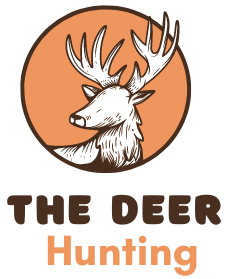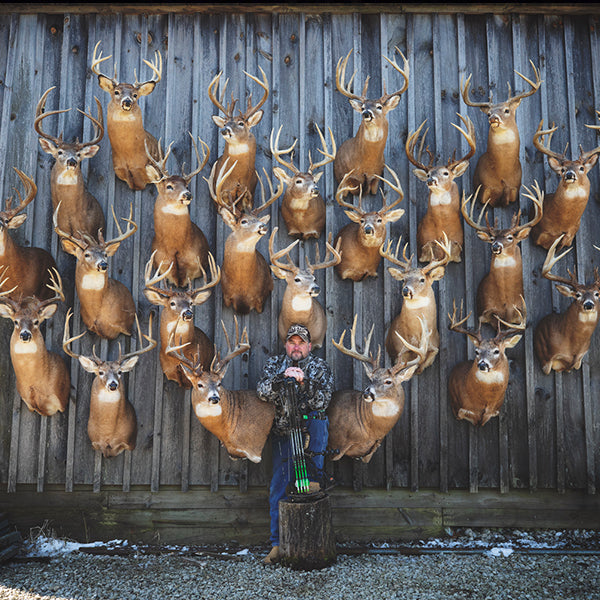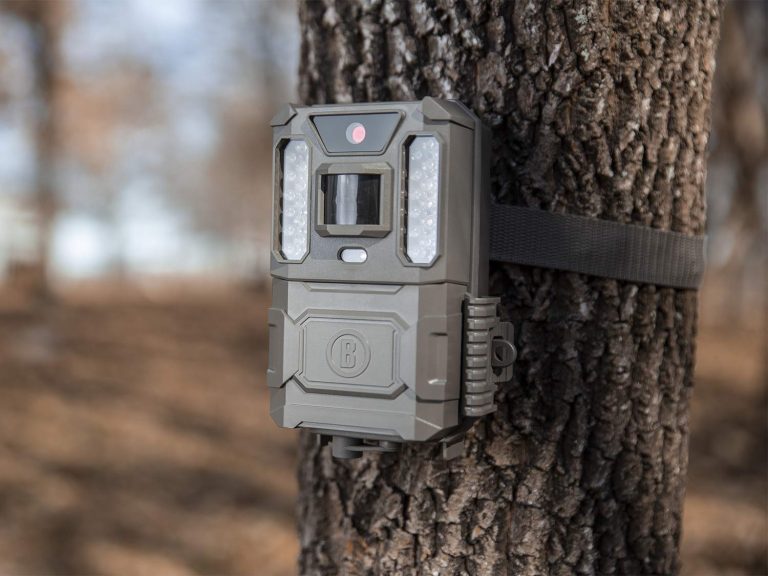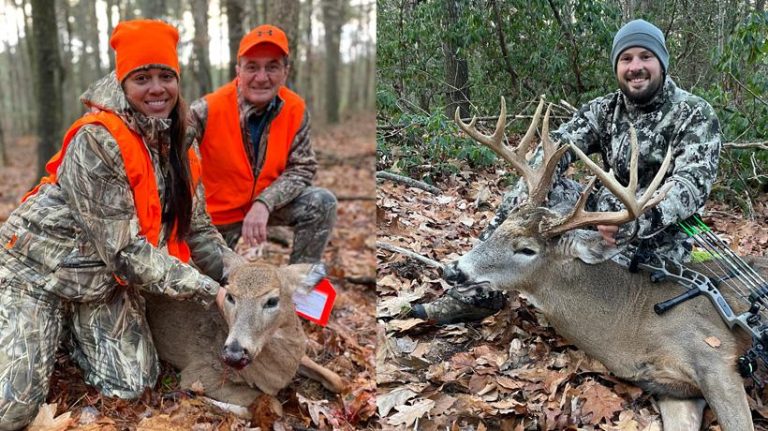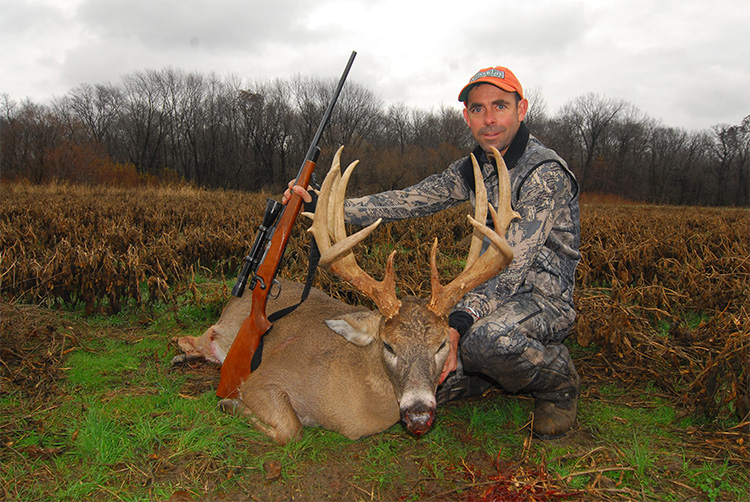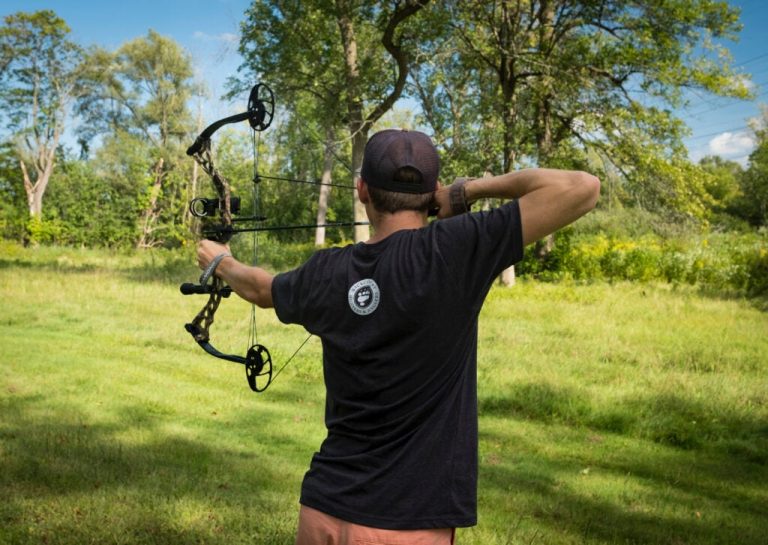Sustainable Deer Hunting Practices
Sustainable deer hunting practices promote ethical and responsible management of deer populations, ensuring long-term conservation and biodiversity. In sustainable deer hunting practices, hunters adhere to limits and regulations set by wildlife management agencies, aim for quick and humane kills, and use methods that minimize negative impacts on the environment.
These practices also involve selective harvesting of certain age classes and genders, which helps maintain a healthy population structure and prevents overpopulation. By practicing sustainable deer hunting, hunters contribute to the overall health of ecosystems, protect habitat integrity, and support long-term wildlife conservation efforts.

Credit: hamiltoncs.org
The Importance Of Sustainable Deer Hunting
Sustainable deer hunting is of utmost importance in maintaining balance and biodiversity in our ecosystem. The overpopulation of deer has a significant impact on both wildlife and the overall environment. When deer populations exceed the carrying capacity of their habitat, they can cause irreparable damage to native vegetation and disrupt entire ecosystems.
By implementing sustainable hunting practices, such as regulated hunting seasons and proper population management, we can effectively control the deer population and mitigate the negative consequences of overpopulation. This not only preserves the health of deer populations but also ensures the preservation of other wildlife species that rely on the same resources.
In addition, sustainable deer hunting promotes biodiversity, allowing for a variety of flora and fauna to thrive harmoniously. It is crucial that we prioritize sustainable deer hunting practices to maintain the delicate balance of our natural world.
Sustainable Deer Management Strategies
Responsible harvesting practices are key to maintaining sustainable deer management strategies. Effective population control measures must be implemented to ensure a balanced ecosystem. Encouraging natural predators can also help in managing and controlling deer populations. These strategies aim to strike a balance between ensuring the survival of deer populations while also minimizing the negative impacts of overpopulation.
By adopting sustainable hunting practices, we can contribute to the long-term health and diversity of our ecosystems. It is crucial to prioritize the preservation of wildlife habitats and promote ethical hunting practices that prioritize the well-being of all species involved.
Through responsible management, we can safeguard the future of deer populations and the overall ecological balance.
Ensuring Ethical And Sustainable Hunting Practices
Sustainable deer hunting practices involve ensuring ethical and responsible hunting techniques. One important aspect is the proper selection of targets. By targeting older males, hunters can promote healthier herds and avoid excess population growth. It is also crucial to educate hunters on conservation ethics, emphasizing the importance of preserving the ecosystem and maintaining a balanced wildlife population.
This includes promoting the principles of fair chase and adhering to hunting laws and regulations. By adopting these sustainable hunting practices, hunters can contribute to the long-term health and viability of deer populations while preserving the natural habitat and biodiversity.
Through responsible hunting, we can ensure a sustainable future for both wildlife and hunters.
Role Of Hunters In Sustainable Deer Management
Hunters play a crucial role in sustainable deer management by actively participating in wildlife surveys and data collection. By volunteering in conservation programs, they contribute to ongoing efforts to protect and preserve the deer population and their habitats. Additionally, hunters can advocate for sustainable practices, promoting responsible hunting methods that ensure the long-term sustainability of the deer population.
Through their involvement, hunters help wildlife experts gather important information to make informed decisions about deer management, population control, and habitat preservation. By embracing these practices, hunters become not only participants in the hunting tradition but also stewards of the environment, working towards the preservation of the deer population for future generations.
Their contribution promotes a balanced ecosystem and ensures the well-being of the deer population and the surrounding natural habitats.
The Benefits Of Sustainable Deer Hunting
Sustainable deer hunting practices offer several benefits. By practicing sustainable hunting, we contribute to the conservation of ecosystems and habitats. This ensures the preservation of biodiversity and the balance of nature. Additionally, sustainable hunting encourages and supports wildlife research and management efforts.
This leads to a better understanding of deer populations and their impact on the environment. Moreover, sustainable deer hunting provides an opportunity for local communities to have access to healthy and locally sourced food. It promotes self-sufficiency and reduces the reliance on industrialized food production.
Sustainable deer hunting practices not only benefit the hunters but also have a positive impact on the environment, wildlife, and local communities. By engaging in responsible hunting practices, we can all contribute to a more sustainable future.
Examples Of Successful Sustainable Deer Hunting Programs
Successful sustainable deer hunting programs offer valuable insights into effective conservation practices. One notable case study is cooperative deer management, where communities come together to implement policies and guidelines for responsible hunting. This approach encourages participation and empowers local hunters to take ownership of conservation efforts.
Another case study highlights the initiatives taken by conservation organizations in promoting sustainable deer hunting practices. These organizations play a crucial role in raising awareness, conducting research, and implementing conservation programs. By fostering community-led conservation efforts and collaborating with conservation organizations, we can ensure the long-term sustainability of deer populations while also preserving their habitats.
These examples demonstrate the importance of balancing the needs of hunters with conservation goals to create a harmonious and sustainable approach to deer hunting.
Frequently Asked Questions Of Sustainable Deer Hunting Practices
What Are Sustainable Deer Hunting Practices?
Sustainable deer hunting practices refer to methods that ensure the long-term survival of deer populations while preserving the health of the ecosystem. These practices include following hunting regulations, managing deer populations, and promoting ethical hunting techniques.
How Can I Be A Responsible Deer Hunter?
To be a responsible deer hunter, you should familiarize yourself with hunting regulations, obtain the required permits, and prioritize safety. Practice ethical hunting techniques, such as taking clean shots and minimizing suffering. Additionally, report your harvest, participate in deer population management programs, and respect wildlife and their habitats.
Are There Any Guidelines For Harvesting Deer Sustainably?
Yes, there are guidelines for harvesting deer sustainably. These include adhering to bag limits and season dates set by wildlife agencies, hunting in areas with a healthy deer population, and ensuring that the deer you harvest are not breeding stock.
It is also important to use ethical hunting practices and properly handle and process the harvested deer.
How Does Sustainable Deer Hunting Benefit The Ecosystem?
Sustainable deer hunting benefits the ecosystem by helping maintain balanced deer populations. Overpopulations can damage habitats, leading to habitat degradation and harm to other wildlife species. By controlling deer populations through hunting, the ecosystem can maintain a healthy balance, allowing vegetation to thrive and supporting a diverse range of wildlife.
What Is The Role Of Hunting Regulations In Sustainable Deer Hunting?
Hunting regulations play a crucial role in sustainable deer hunting. These regulations help control deer populations, prevent overharvesting, and manage hunting pressure. They also ensure that hunting practices are conducted ethically and in compliance with wildlife conservation goals. By following hunting regulations, hunters can contribute to the long-term sustainability of deer populations.
Can Sustainable Deer Hunting Help Prevent The Spread Of Diseases?
Yes, sustainable deer hunting can help prevent the spread of diseases. By managing deer populations through hunting, wildlife agencies aim to minimize overcrowding, which can increase the risk of disease transmission. Additionally, proper handling, processing, and cooking of harvested deer can help reduce the spread of certain diseases, promoting a healthier deer population and minimizing the risk to humans and other animals.
Conclusion
Sustainable deer hunting practices are crucial for ensuring the conservation and balance of wildlife populations. By implementing responsible management strategies, such as selective harvesting and habitat restoration, hunters can contribute to maintaining healthy ecosystems. The use of non-toxic ammunition and ethical hunting techniques not only minimizes environmental impact but also promotes the welfare of individual animals.
It is essential for hunters to respect hunting regulations and support organizations dedicated to wildlife conservation. Additionally, engaging in community outreach and education programs can foster a greater understanding and appreciation for sustainable hunting practices. Ultimately, by prioritizing the long-term health and stability of deer populations, hunters can play a vital role in preserving biodiversity and maintaining the delicate ecological balance.
So, let’s integrate sustainable practices into our hunting endeavors and be stewards of the environment for future generations.
